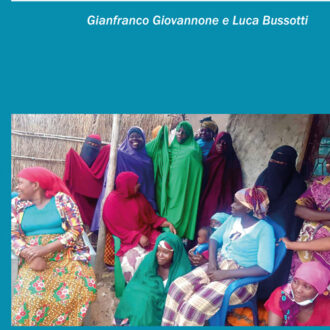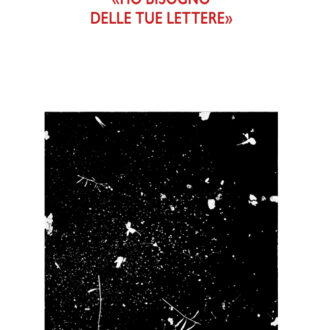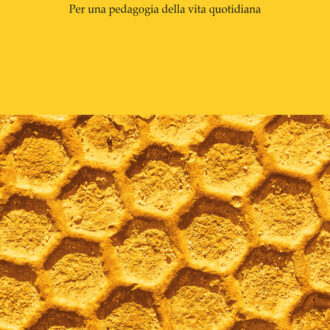ABSTRACT
There is a tradition of history plays commenting on the present by representing the past, but a ‘chronicle’ can also depict contemporary politics directly, either by portraying their connections with the past or by adopting a hypothetical future point of view. These possibilities are outlined here by focusing on two examples from 2014: David Eldridge’s Holy Warriors and Mike Bartlett’s King Charles III. Their traditional form is shown to tally paradoxically with their main topical themes: the similarity and continuity that link the contemporary ‘war on terror’ with conflicts dating from the Crusades; and the viability and meaningfulness of old-fashioned monarchical institutions in our democratic context. Furthermore, the historical genre establishes a distance which allows spectators to consider their own present in a relatively clear-eyed way, thus achieving a realisation in playwriting of Brecht’s historicization as a technique which produces an alienation effect.
I drammi storici spesso commentano il presente parlando del passato, ma possono anche rappresentare la politica contemporanea direttamente, o inquadrandone la connessione con epoche precedenti o adottando un ipotetico punto di vista futuro. Queste possibilità sono qui illustrate per mezzo di due esempi del 2014: Holy Warriors di David Eldridge e King Charles III di Mike Bartlett. Le loro forme tradizionali corrispondono paradossalmente ai loro principali argomenti di attualità: le affinità e la continuità che legano la ‘war on terror’ a conflitti risalenti al tempo delle Crociate; la vitalità e il valore delle antiche istituzioni monarchiche nel nostro contesto democratico. Inoltre in entrambi i casi la distanziazione garantita dal genere storico permette agli spettatori di considerare il loro presente in modo relativamente lucido e distaccato, dando luogo a due realizzazioni drammaturgiche della storicizzazione come tecnica di straniamento brechtiana.












Recensioni
Ancora non ci sono recensioni.